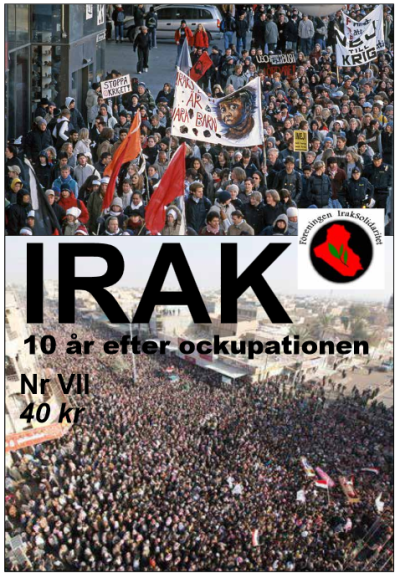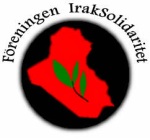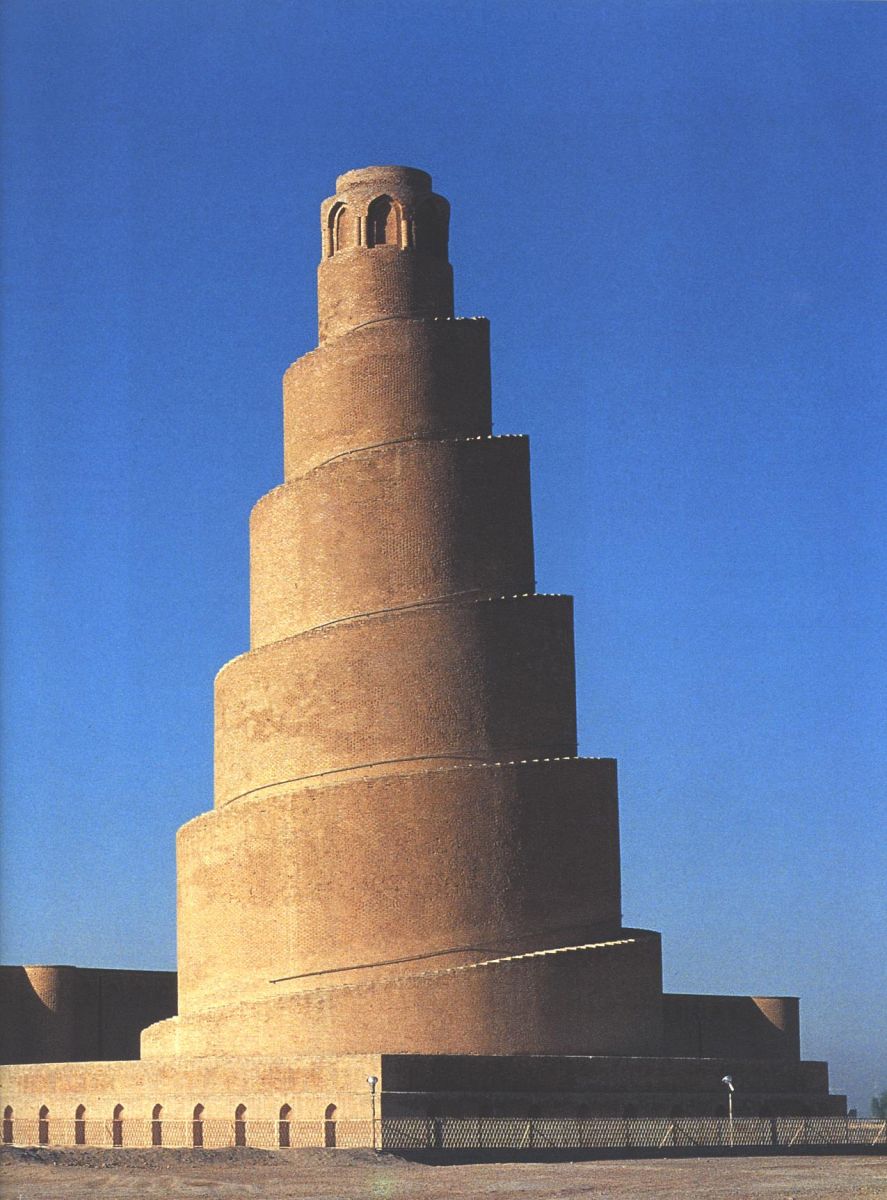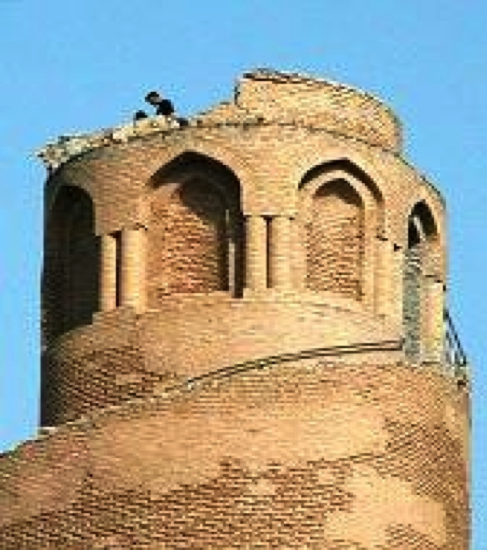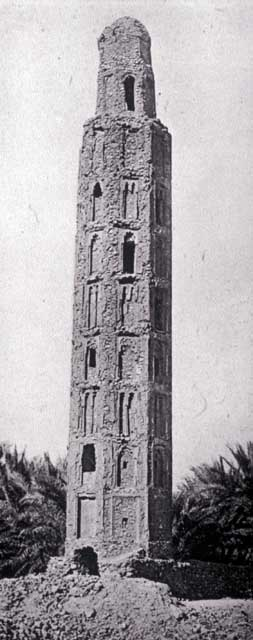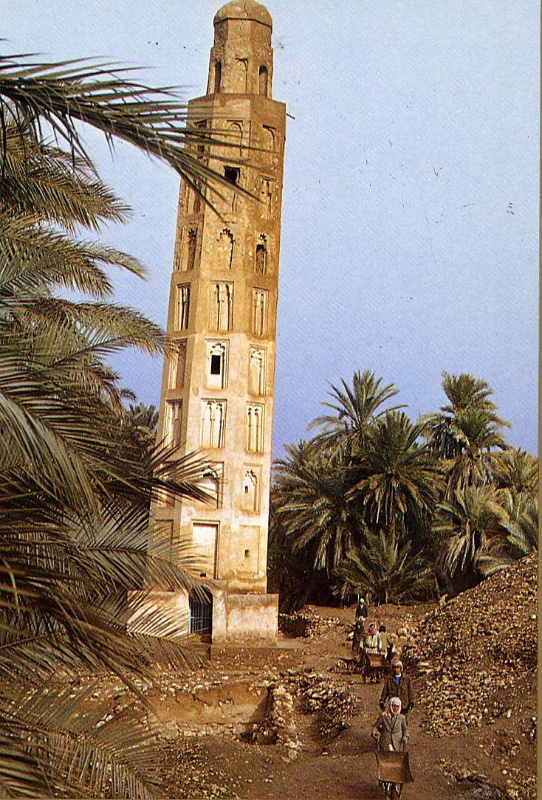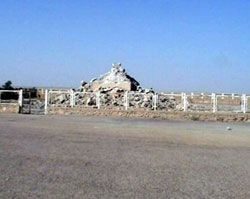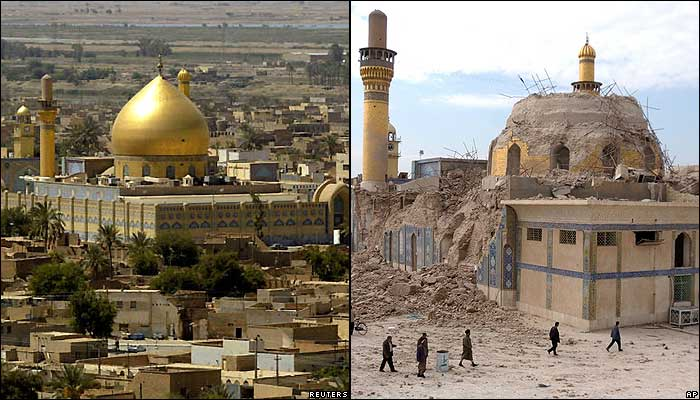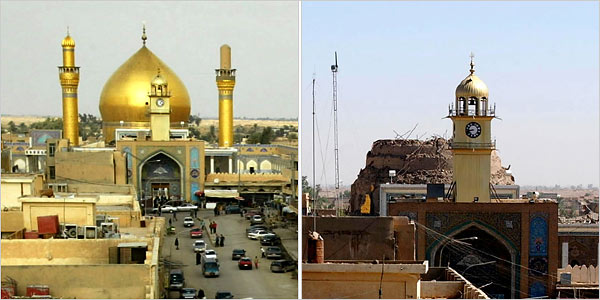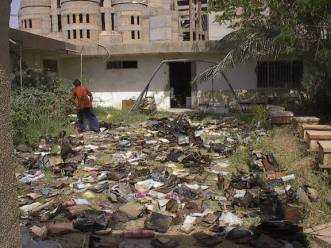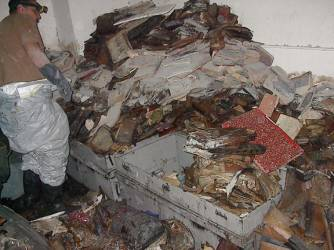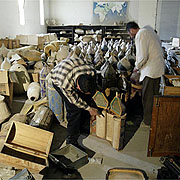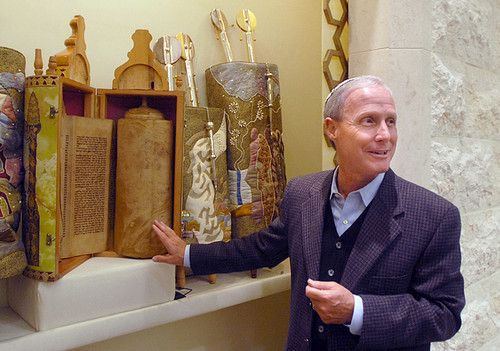The Fuzzy Line of Terrorism
September 27, 2012
The Obama administration’s plan to remove a group of violent Iranian émigrés from the U.S. terror list suggests a readiness to pursue the-enemy-of-my-enemy-is-my-friend strategy that put the United States on the side of Osama bin Laden and Islamic extremists in Afghanistan in the 1980s, says ex-FBI agent Coleen Rowley.
By Coleen Rowley
And what kind of mind-boggling corruption — of the worst kind – influence-peddling by a “foreign power” (as defined by the 1978 Foreign Intelligence Surveillance Act to include foreign terrorist groups) — lies hidden behind the curtain?
Could some members of the MEK “foreign terrorist organization,” their murderous history magically erased, be sent to a nice suburb somewhere to live as your next door neighbor as happens with the organized crime “witness protection program?”
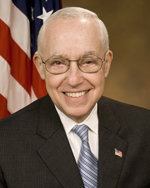
Former Attorney General Michael Mukasey
Or will the soon-to-be-legalized “terrorism” of the People’s Mojahedin Organization of Iran (or mojahedin-e khalq, usually referred to as MEK) find more utilitarian function in the mode of how U.S. neoconservative officials plotted with and used convicted con artist Ahmad Chalabi and his Iraqi expatriate group to gin up the false “intelligence” that served to launch the unjustified and counter-productive war on Iraq? Even worse, might this new MEK operation end up resembling the sequel to “Charlie Wilson’s War”?
Since we cannot seem to learn from history and therefore seem doomed to repeat our mistakes, all of the above could be true. In any event, the old movie script will require few changes.
From MAK to MEK
The popular 2007 movie “Charlie Wilson’s War” found a way to glorify a rather derelict Texas congressman’s exploits and secret appropriations to fund CIA covert assistance to Mujahedeen “rebels” in Afghanistan (one faction recruited and trained by Osama Bin Laden himself), based on the repeatedly discredited notion that “the enemy of my enemy is my friend.” Hollywood and Tom Hanks also found a way to edit out the
real truth:
“That the U.S.-aided Mujahedeen’s ouster of the Soviets in 1989 ultimately led to civil war and the ultra-orthodox Islamic Taliban coming to power in 1996, an event that also enabled anti-Soviet fighter Osama bin Laden and his fledgling al Qaeda to set up a base from which to plan the 9/11 attacks.”
Or as Nafeez Mosaddeq Ahmed wrote in an article, “
Our Terrorists,” for the New Internationalist Magazine: “Osama bin Laden arrived in the country … sent by then-Saudi intelligence chief Prince Turki bin Faisal, where he set up the Maktab al-Khidamat (MAK) which helped finance, recruit and train mujahidin fighters.
“Bin Laden, the MAK, and the Afghan mujahidin in total received about half a billion dollars a year from the CIA, and roughly the same from the Saudis, funneled through Pakistan’s Inter Services Intelligence (ISI). … Continued US sponsorship of the al-Qaeda-Taliban nexus in Afghanistan was confirmed as late as 2000 in Congressional hearings.
“Testifying before the Senate Foreign Relations Subcommittee on South Asia, Congressman Dana Rohrabacher – former White House Special Assistant to President Reagan and now Senior Member of the House International Relations Committee – declared that ‘this administration has a covert policy that has empowered the Taliban and enabled this brutal movement to hold on to power’. The assumption is that ‘the Taliban would bring stability to Afghanistan and permit the building of oil pipelines from Central Asia through Afghanistan to Pakistan’”
In other words, Charlie Wilson’s War seriously backfired and was a significant factor that gave rise to the 9/11 attacks. (Incidentally — and a big reason why there’s so little hope of anyone having learned from this sordid history — is that Dana Rohrabacher happens to be one of the main congressmen who has now taken big sums of money from the MEK front groups!)
An
October 2010 report (“Restoring Afghanistan’s Tribal Balance”) for the New World Strategies Coalition described U.S. covert support of the Mujahedeen as follows:
“During the ‘jihad’ against the Soviets, the Judeo-Christian West teamed up with violent Islamic radicals of the worst sort, against the Soviets, because they shared a common hatred for the godless communists.
“The same people American leaders once called ‘freedom fighters’ throughout the 80′s are now [in the current war] violent extremist jihadist terrorists who commit immoral acts and heinous human rights violations that all Americans should find deplorable.
“Of course, before 9/11 when these ‘terrorists’ were fighting against the Soviets, they were ‘our terrorists’ and such human rights violations and war crimes hardly ever made the press. Today, people aren’t really supposed to remember nor point out this interesting historical irony, especially within the media.”
By fast-forwarding 30 years and changing one vowel, (MAK to MEK) we see history repeating almost exactly. There’s ample evidence that Iranian MEK terrorists, “our new terrorists,” are responsible for conducting assassinations of Iranian nuclear scientists.
U.S. officials confirmed the charges leveled by Iran’s leaders as well as the fact that the killings and bombings in Iran were financed, trained and armed by Israel’s secret service. In an exclusive report, NBC reported that:
“The group, the People’s Mujahedin of Iran, has long been designated as a terrorist group by the United States, accused of killing American servicemen and contractors in the 1970s and supporting the takeover of the U.S. Embassy in Tehran before breaking with the Iranian mullahs in 1980.
“The attacks, which have killed five Iranian nuclear scientists since 2007 and may have destroyed a missile research and development site, have been carried out in dramatic fashion, with motorcycle-borne assailants often attaching small magnetic bombs to the exterior of the victims’ cars.” [From
NBC Rock Center exclusive report, February, 2012]
Last April, Seymour Hersh reported in the New Yorker article “
Our Men in Iran” that members of MEK were also being trained in Nevada by U.S. Joint Special Operation Command for covert actions to topple the Iranian government.
The following comments are from former U.S. security experts Flynt and Hillary Mann Leverett’s excellent analysis of the highly politicized flip-flop, “
By Delisting the MEK, the Obama Administration is taking the Moral and Strategic Bankruptcy of America’s Iran Policy to a New Low“:
“We have seen too many times over the years just how cynically American administrations have manipulated these designations, adding and removing organizations and countries for reasons that have little or nothing to do with designees’ actual involvement in terrorist activity. … Yet, precisely because we know how thoroughly corrupt and politicized these designations really are, we recognize their significance as statements of U.S. policy.
“Today, the Obama administration made a truly horrible statement about U.S. policy toward Iran. … Just this year, U.S. intelligence officials told high-profile media outlets that the MEK is actively collaborating with Israeli intelligence to assassinate Iranian nuclear scientists. …; Iranian officials have made the same charge.
“Since when did murdering unarmed civilians (and, in some instances, members of their families as well) on public streets in the middle of a heavily populated urban area (Tehran) not meet even the U.S. government’s own professed standard for terrorism? …
“Here, the Obama administration is taking an organization that the U.S. government knows is directly involved in the murder of innocent people and giving this group Washington’s ‘good housekeeping seal of approval.’… Count on this: once the MEK is formally off the FTO list — a legally defined process that will take a few months to play out — Congress will be appropriating money to support the monafeqin as the vanguard of a new American strategy for regime change in Iran.
“In the 1990s, similar enthusiasm for Ahmad Chalabi and the Iraqi National Congress — who were about as unpopular among Iraqis as the MEK is among Iranians — led to President Bill Clinton’s signing of the Iraq Liberation Act, which paved the way for George W. Bush’s decision to invade Iraq in 2003. The chances for such a scenario to play out with regard to Iran over the next few years — with even more disastrous consequences for America’s strategic and moral standing — got a lot higher today.”
Flynt Leverett served as a Middle East expert on George W. Bush’s National Security Council staff until the Iraq War and worked previously at the State Department and at the Central Intelligence Agency. Hillary Mann Leverett was the NSC expert on Iran and — from 2001 to 2003 — was one of only a few U.S. diplomats authorized to negotiate with the Iranians over Afghanistan, al-Qaeda and Iraq.
Governmental Influence-Peddling
A steady flow totaling in the millions of dollars during these last years has been revealed, funneled through various front groups to latter-day Charlie Wilson U.S. Congresspersons, Washington lobbying firms and former high level Department of Justice, Homeland Security, military and U.S. counter-terrorism officials.
Check out the excellent reports —
here and
here – of Chris McGreal, a Guardian investigative journalist based in Washington who really did some good research attempting to trace the sordid money trail,
writing:
“US policy change on banned Iranian group came after extraordinary fundraising operation to transform its image. Only a few years ago, US authorities were arresting pro-MEK activists. To the US government, the People’s Mojahedin Organisation of Iran (MEK) was a terrorist group alongside al-Qaida, Hamas and the Farc in Colombia. The MEK landed on the list in 1997 with American blood on its hands and by allying itself with Saddam Hussein along with a long list of bombings inside Iran.
“But the organisation is regarded very differently by a large number of members of Congress, former White House officials and army generals, and even one of the US’s most renowned reporters, Carl Bernstein. They see the MEK as a victim of US double dealings with the regime in Tehran and a legitimate alternative to the Iran’s Islamic government.
“That difference is in no small part the result of a formidable fundraising operation and campaign to transform the MEK’s image led by more than 20 Iranian American organisations across the US. These groups and their leaders have spent millions of dollars on donations to members of Congress, paying Washington lobby groups and hiring influential politicians and officials, including two former CIA directors, as speakers.
“In a highly sensitive political game, MEK supporters have succeeded in pressing the state department into removing the group from the list of terrorist organisations after winning a court order requiring a decision to be made on the issue before the end of this month. But its supporters were forced to tread a careful path so as not to cross anti-terrorism laws.
“Only a few years ago, the US authorities were arresting pro-MEK activists and freezing the assets of front groups for ‘material support for a terrorist organization.’ Now members of Congress openly praise the group in apparent contradiction of the anti-terrorism legislation many of them supported. Nearly 100 members of the House of Representatives backed a resolution calling on the US government to drop the MEK from the terrorist list.”
Most of the damning details, however, of what would probably be otherwise considered “material support for terrorism” will probably lie buried and stamped “Top Secret” in Treasury Department files forced closed when the presumptive targets of the investigation turned out to include over three dozen top U.S. officials and even many of the federal investigators’ former bosses and cronies, including:
Former Attorney General Michael Mukasey; former Assistant Attorney General and Homeland Security Director Michael Chertoff; two former CIA Directors; former DOJ Attorney and Homeland Security Advisor to the President Frances Townsend; former U.S. Attorney and NYC Mayor Rudy Guiliani; former FBI Director Louis Freeh; former Homeland Security Director Tom Ridge, etc.
Clearly such powerful “political considerations” can trump the law and easily subvert even the U.S. terrorism laws constantly promoted since 9/11 as all-important but now turned on their head. So unless a brave whistleblower or two steps forward, we probably won’t know much more about the presumably-forced closure of these criminal terrorism investigations for another 20 years or so until a federal judge finally rules in agreement with a FOIA request. Or unless new movie producers can force some leaks out to jazz up the old script.
“Terrorism” Propaganda
The last 11 years have seen almost uninterrupted, cynical exaggerating and distorting of the threat of Mideast “terrorism” by our mainstream media (to scare us into doing dumb things like launching war on countries like Iraq that had no connection to 9/11) so it was strangely out of the norm for the
Washington Post article to frame the de-listing of the MEK Foreign Terrorist Organization (FTO) as humanitarian intervention.
Interestingly, the Post reporter also chose the term “label” to minimize the importance of the U.S. government’s designation-undesignation of a “FTO” in the case of the MEK.
So it’s just a “label” when
Michael Mukasey and three dozen other high level political figures flouted the law in support of a “foreign terrorist organization.” But would the Post say mere FTO “labels” justify launching thousands of U.S. government investigations and prosecutions of ordinary, non-powerful, non politically-connected people for “material support”?
There are 23 anti-war activists in the Midwest who are still under Department of Justice investigation two years after their homes were raided by the FBI; and there are thousands of people serving long prison terms or, even worse, on “kill lists” to be summarily executed due, the Government would allege, to even a fleeting or tenuous connection to someone or some group on the U.S. FTO list.
Furthermore, no transparency, no judicial process has seemingly existed — until MEK’s big money lobbying campaign came along — to dispute the accuracy of such FTO “labels.”
An article at the Bill of Rights Defense Committee’s “Peoples Blog for the Constitution” entitled “
Terrorist designation a problem? Befriend a politician” points out this terrible double standard:
“The severe ramifications of this law have resulted in solitary confinement and a fifteen year sentence for US citizen Fahad Hashmi, who allowed a suitcase of raincoats at his apartment, and a 17 year sentence for Tarek Mehanna, who translated a text by a Saudi religious scholar.
“The removal of the MEK from the FTO list demonstrates not only the double-standard for enforcement of material support laws, but also the over-broad and heavy-handed criminalization of constitutionally protected activity.
“When the overbroad law resulted in investigations of prominent politicians and former officials, the law was not modified to address First Amendment concerns, but instead maintained, while a specific organization was removed from the terrorist list to accommodate those politicians’ activities. The material support law should be changed so that it doesn’t criminalize association, expression, or other activity protected by the First Amendment, or efforts aimed to advance humanitarian goals.”
Finally, consider how unbelievable and incongruent for the MEK to have such a powerful lobby that it can reach its tentacles into U.S. political “leadership” like this, spending millions of dollars in exchange for political endorsements and yet be portrayed at the very same time, as the Post and other media does, as a poor group of refugees trapped in Iraq enemy territory in need of humanitarian intervention.
Where would this refugee group which (for 15 years) has been designated a “foreign terrorist organization” get the millions it paid to U.S. officials and politicians for their assistance and influence-peddling? News articles do allude to the fact that the payments and the political pressure were in violation of U.S. law, but these articles fail to go into how and why federal investigators were apparently forced to drop their investigation of officials who received huge payments from the MEK.
The big-money model for lobbyist success has paved the way for the coalition of MEK front groups to corrupt U.S. Government by funneling millions of dollars from who-knows-where to elected and appointed political figures to turn dark into light. Certainly there will now be other foreign-based front groups following this example in ever more flagrant disregard of what Justice Brandeis long ago warned us, about how government wrongdoing and contempt for (and subversion of) the law functions.
Contrast the portrayal of the need for “humanitarian intervention” on behalf of what was portrayed as defenseless women and children refugees in the MEK Camp in Iraq with the millions of dollars that have gone into PR propaganda firms, corrupt U.S. congresspersons and former high level DOJ, Homeland Security and counter-terrorism officials to essentially re-write the history of a violent terrorist group that worked for Saddam Hussein — who some of these same officials were, only a decade before, falsely implying was responsible for 9/11.
Why did these millions of dollars not go to helping the MEK women and children move from Iraq if they are in such danger instead of going into corrupt U.S. political figures’ pockets?
If only the American people would wake up to this corruption, they might find themselves, at the very least, extremely confused that some of the same U.S. political figures who were so hell-bent to take out Saddam Hussein are now sponsoring one of Saddam’s main “terrorist” underlings.
Don’t they remember Charlie Wilson’s War? Or what Friedrich Nietzsche said: “Whoever fights monsters should see to it that in the process he does not become a monster.”
Coleen Rowley, a FBI special agent for almost 24 years, was legal counsel to the FBI Field Office in Minneapolis from 1990 to 2003. She wrote a “whistleblower” memo in May 2002 and testified to the Senate Judiciary on some of the FBI’s pre-9/11 failures. She retired at the end of 2004, and now writes and speaks on ethical decision-making and balancing civil liberties with the need for effective investigation. [This article previously appeared at HuffingtonPost.]






